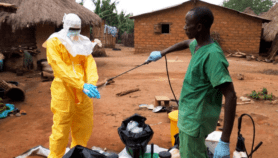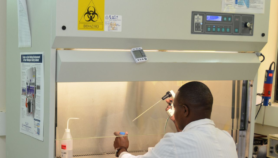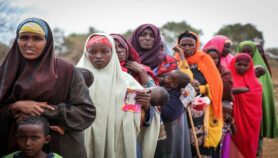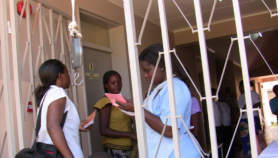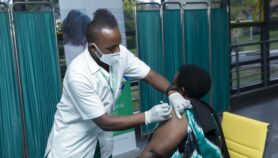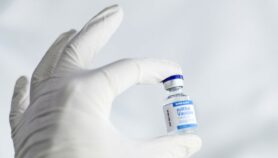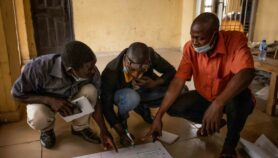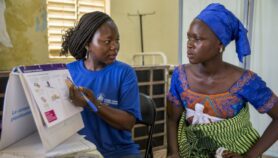17/09/21
Africa hinges hopes for COVID vaccine equity on US
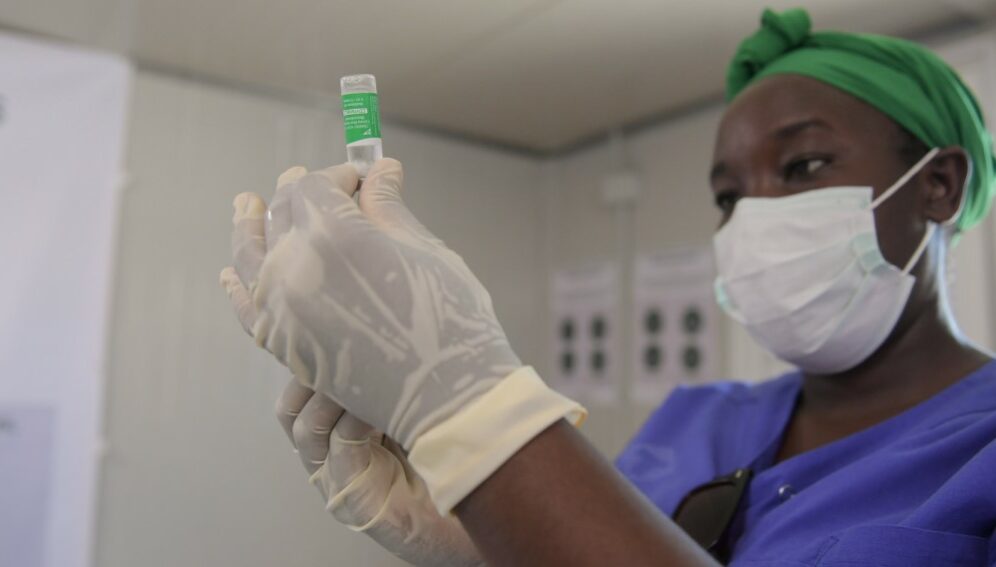
By: Dann Okoth
Send to a friend
The details you provide on this page will not be used to send unsolicited email, and will not be sold to a 3rd party. See privacy policy.
[NAIROBI] The World Health Organization (WHO) and the African Union (AU) have urged a COVID-19 summit to be held next week in the US to address the barriers to global vaccine equity.
At a virtual conference held in Geneva in Switzerland this week (14 September), the two organisations called on the US to tackle trade restrictions and intellectual property embargoes placed on COVID-19 vaccines, which they said continue to hinder access to vaccines in African countries.
“Africa is lagging behind,” said WHO director-general Tedros Adhanom Ghebreyesus. “Of the more than 5.7 billion doses [of COVID-19 vaccines] administered globally already, Africa accounts for a mere two per cent.”
“It hurts all of us because the longer vaccine inequity persists, the more the virus will keep circulating and mutating.”
Tedros Adhanom Ghebreyesus, WHO
While urging world leaders to adopt more urgent measures to end the pandemic, including at next week’s virtual summit on the sidelines of the UN General Assembly in New York, the WHO chief warned of the global impact of failing to vaccinate Africa.
“It does not only hurt Africa. It hurts all of us because the longer vaccine inequity persists, the more the virus will keep circulating and mutating, the longer the socioeconomic disruptions will continue and the higher the chances that more variants will emerge rendering vaccines infective,” Tedros said.
“I know I sound like a broken record but I will continue to call to account political leaders, pharmaceutical industry players and financial institutions until global vaccine equity is met,” he added.
At the summit, President Biden will call on global leaders to make new commitments to fight the pandemic, with the aim of vaccinating 70 per cent of the world’s population within a year, according to US media reports.
But the reported draft targets for the summit are not that different from those the WHO and other global experts drew up at the beginning of the pandemic, including increased funding for tests, oxygen and other supplies to developing countries, and financing the global COVID-19 response by next year — most of which have not been met.
Strive Masiyiwa, the AU special envoy for COVID-19, made a direct call for the US intervention, saying that trade barriers were making it impossible for Africa to acquire vaccines.
“Vaccine sharing is a good thing but we should also be allowed to sit [at] the table and show proof of capacity that we can also buy,” Masiyiwa said.
He added that during the summit the AU would be putting forward a proposal on obtaining intellectual property rights on COVID vaccines.
Vera Songwe, UN under-secretary-general and executive secretary of the Economic Commission for Africa, said that every one month of lockdown in Africa due to COVID-19 amounts to US$29 billion in economic losses.
“In Africa when we say that COVID-19 is an economic issue, we mean it in those precise terms,” Songwe explained. “That is why we need to respond to it quickly to be able to recover and reset our economies.”
Matshidiso Moeti, the WHO regional director for Africa, sought to allay fears that African countries lack capacity to absorb the vaccines.
“On the contrary, our main concern is that global supplies are not being shared in a manner likely to get the world out of this pandemic soon,” she explained, adding that the WHO has been supporting countries to expand vaccination sites.“If anything, Africa has done this before, launching massive vaccination campaigns against polio, yellow fever and cholera,” she added.
This piece was produced by SciDev.Net’s Sub-Saharan Africa English desk.





